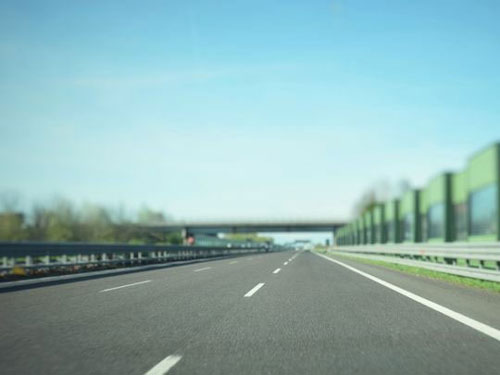Observer Report
Islamabad
A complete design and paperwork for three new motorways passing through Pakistan’s least developed areas have been completed by the government, Gwadar Pro reported on Saturday. These new motorways would provide rapid transportation facilities and promote tourism and trade in the region.
These three motorways, including Peshawar-DI Khan Motorway, DI Khan-Zhob Motorway and Zhob-Kutchlaak Motorway, will eventually reduce the distance from 12 to 5 hrs.
The formal approval of these projects will be given in the Joint Cooperation Committee (JCC) of China-Pakistan economic corridor (CPEC) in November next month.
The motorway starting from Peshawar to D.I khan will cost around 250 billion rupees. This motorway will pass through Pakistan’s most underdeveloped areas, including Darra Adamkhel, Kohat, Hangu, Karak, Bannu, Lakki Marwat, ending up at DI Khan. The 339 kilometers-long motorway would link all southern districts and merged districts and boost the region’s economy, bringing it on par with the rest of the country.
The road project is expected to change the fate of these deprived and ignored areas. The second motorway and the next segment will be starting from DI Khan to Zhob in Baluchistan. This patch will be 210 km long and it will cost 76 billion rupees.
The paperwork of this patch of motorway is almost done as well. The tenders will be opened for the public next month after approval. The motorway from DI-khan to Zhob has almost 10 km of area passing through Koh-e Suleman which is very rough and problematic area with land sliding and traffic jams.
People face great difficulties to travel through this area, but now under the plan, this area will have tunnels making the way easier for the general public. Once the work is completed on this motorway, large vehicles like trucks would be able to pass through. This will boost tourism and other trade activities in the area, creating lots of employment opportunities as well.
The third motorway is from Zhob to Kutchlaak, which covers 198 km area and will cost around 63 billion rupees.









